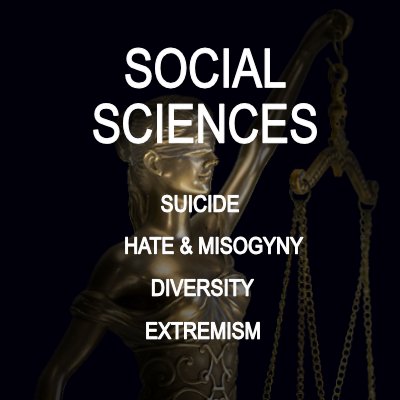By Jack Temple Kirby
FROM THE PREFACE: “The New South Entered the American language at least as early as 1866, when Georgia's Benjamin H. Hill proclaimed the miraculous transformation of the former Confederacy to a New York audience. By new Hill meant a South unburdened of slavery, secessionist feeling, and a host of habits and practices out of step with industrializing, urbanizing America. Hill's successor as New South spokesman, the Alanta publisher Henry W. Grady went much furtier. During the 1880s Grady and like-minded colleagues declared that southerners had become creatures of the bourgeois world-entrepreneurs, mechanics, hustlers--progressives who had put the primitive worlds of the village, farm, and plantation behind them. So positive and eloquent were Grady and his generation of publicists that after most of them were dead, serious scholars of the early twentieth century ac- cepted their proclamations as truth. Subsequently, the hyperbole and fraud of this rhetorical New South….”
Baton Rouge and London. Louisiana State University Press. 1987. 407p.





















